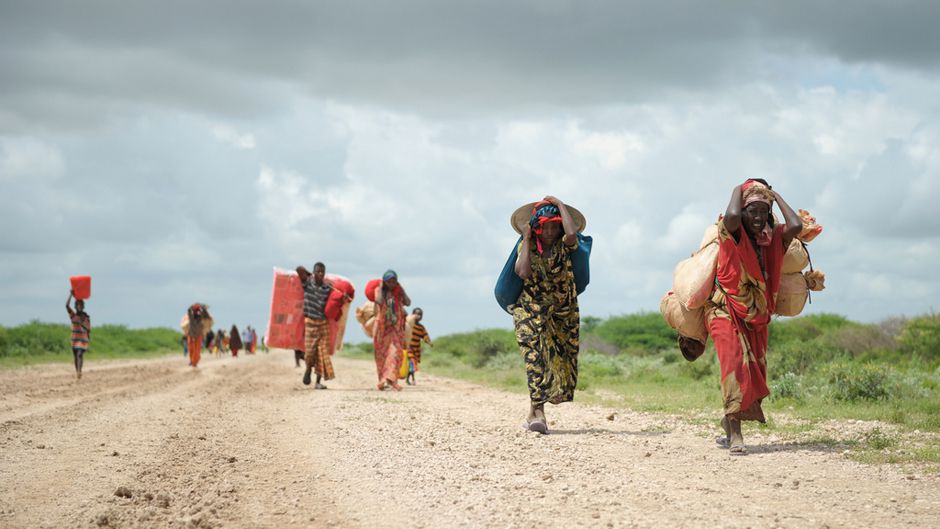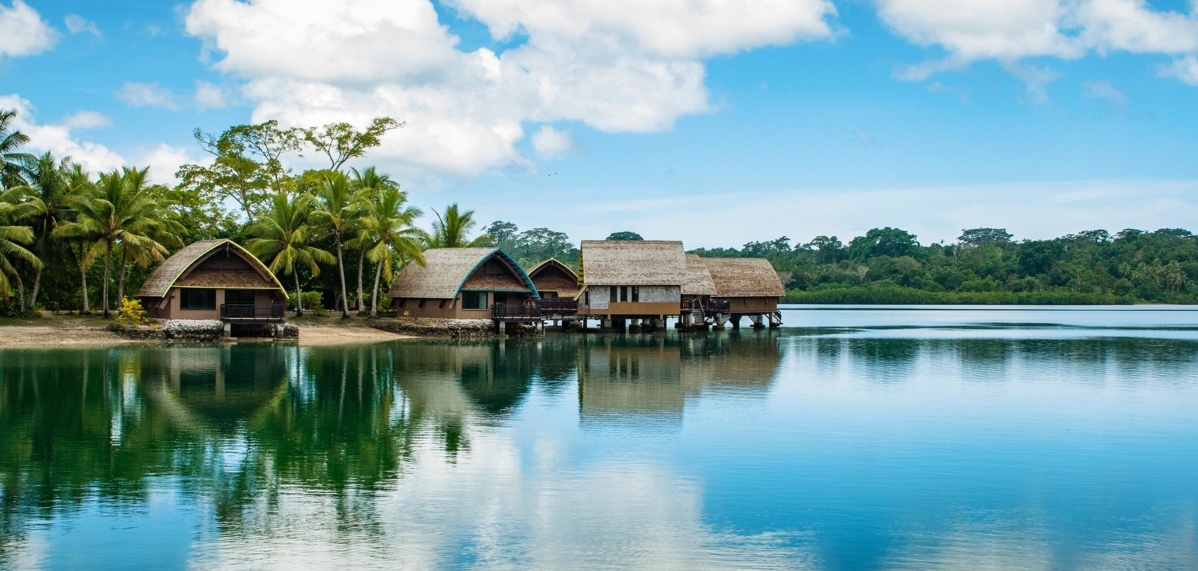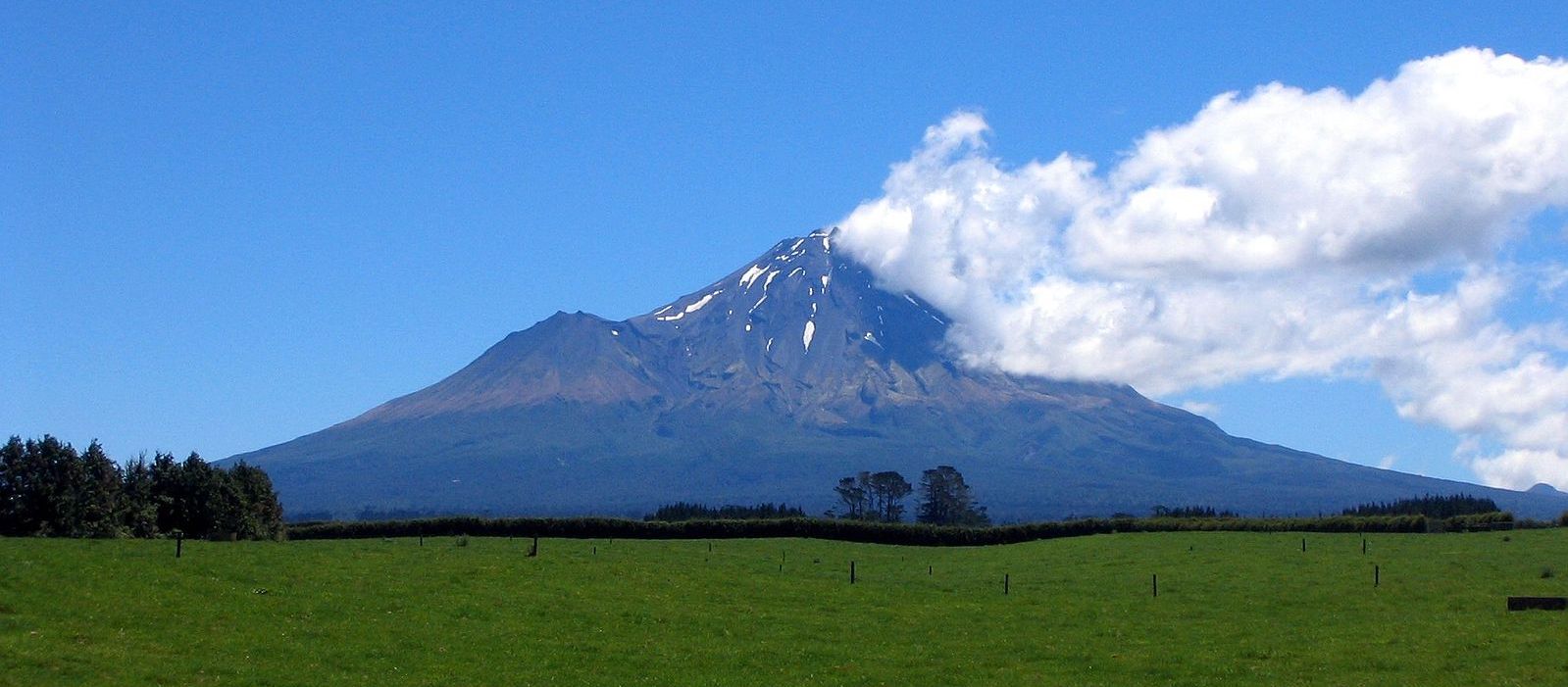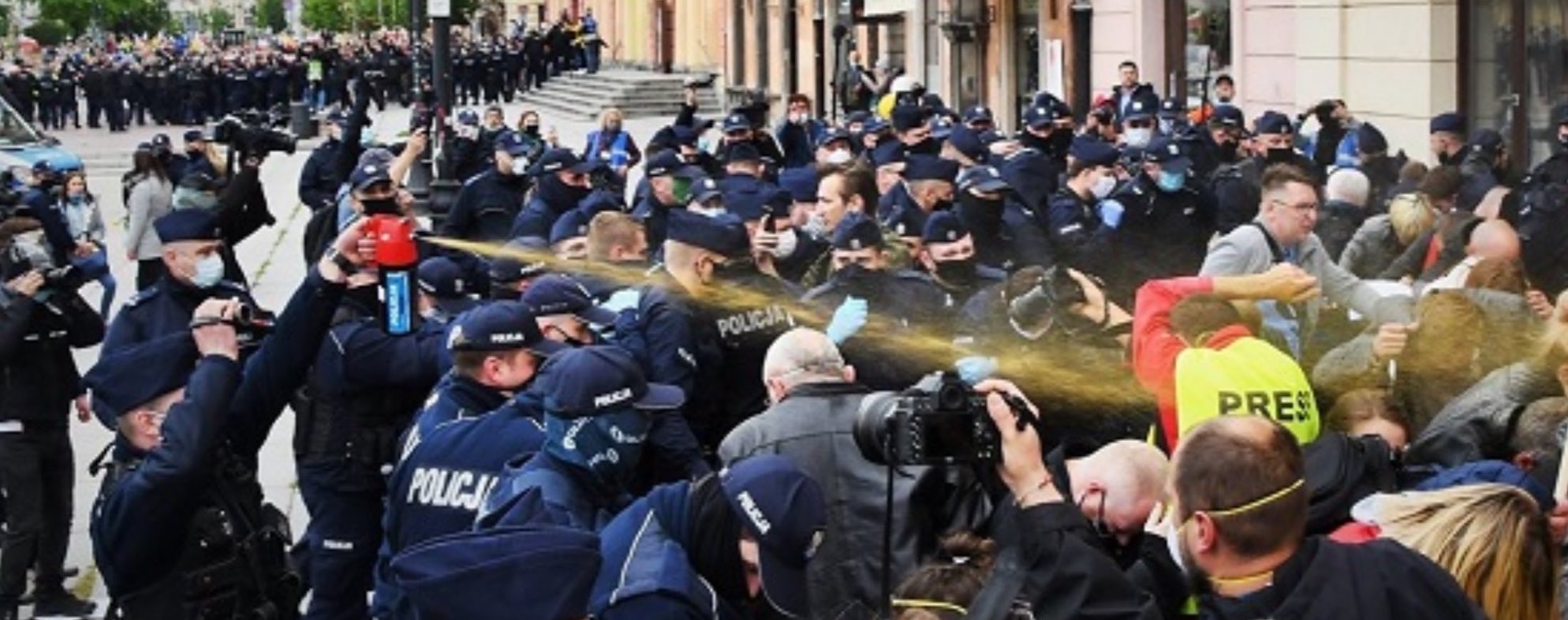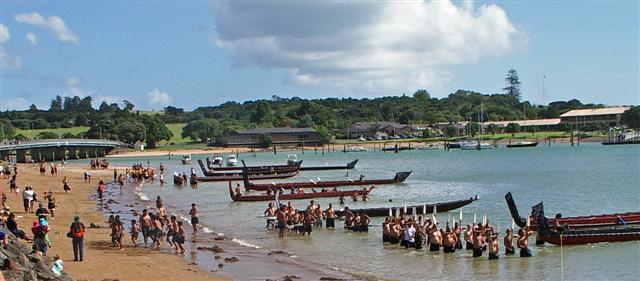
New Zealand: plan to redefine founding document advances
The New Zealand government revealed its plans to move forward with drafting a controversial bill that would redefine the nation’s founding document, te Tiriti o Waitangi/the Treaty of Waitangi, despite official advice from the Ministry of Justice opposing the policy. If enacted, the Treaty Principles Bill would replace the existing principles of the Treaty, first established by New Zealand’s parliament in the Treaty of Waitangi Act 1975. Te Tiriti o Waitangi, signed in 1840 between the British Crown and Māori indigenous people, extended to the Crown a limited power of kāwanatanga (governance) over New Zealand’s quickly expanding British settler population while guaranteeing the Māori tino rangatiratanga (ultimate power and authority) over their lands, their villages and all their treasured possessions. Scholar Luke Fitzmaurice-Brown charges that the Treaty Principles Bill “will radically change the legal and constitutional status of te Tiriti o Waitangi, essentially erasing it.” (Photo: Waitangi Day celebrations, Feb. 6, 2006, at Waitangi, Paihia. Via Wikimedia Commons)



